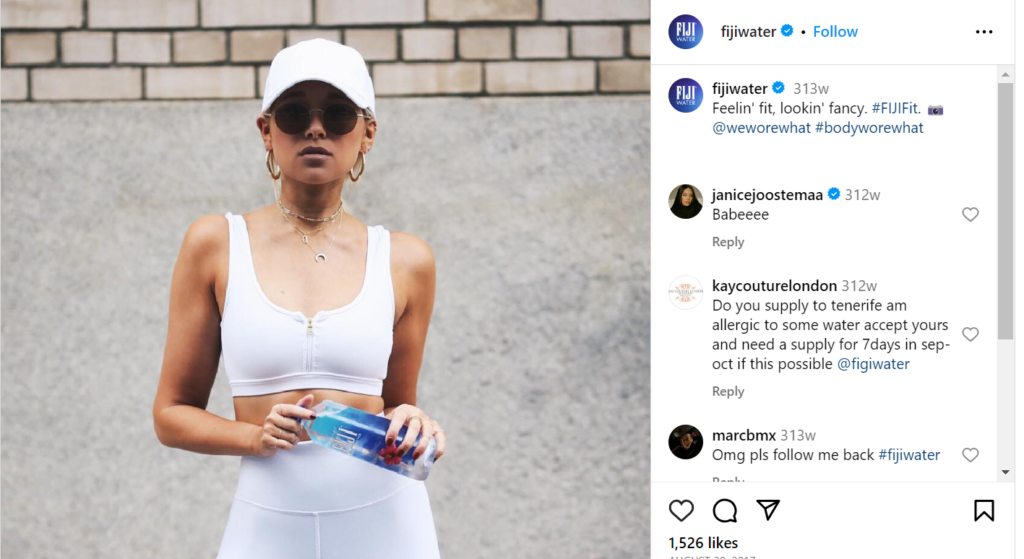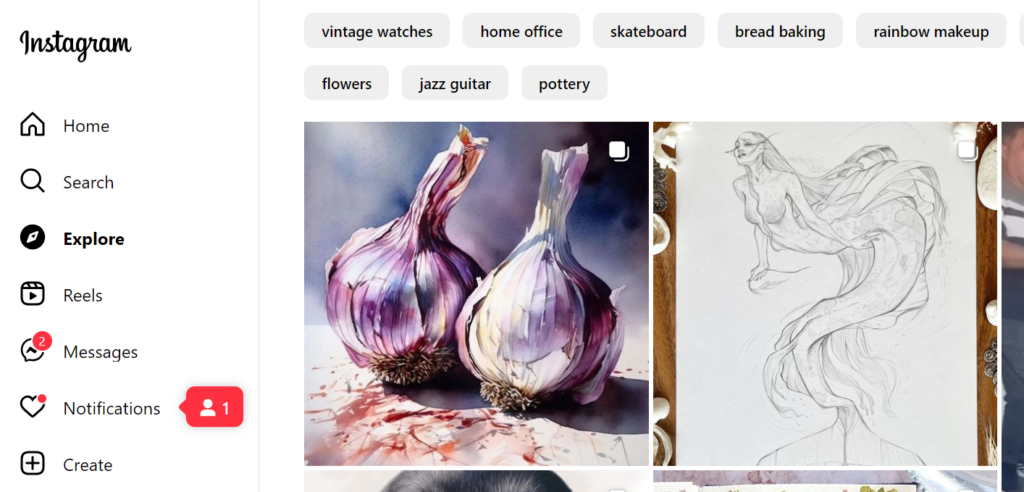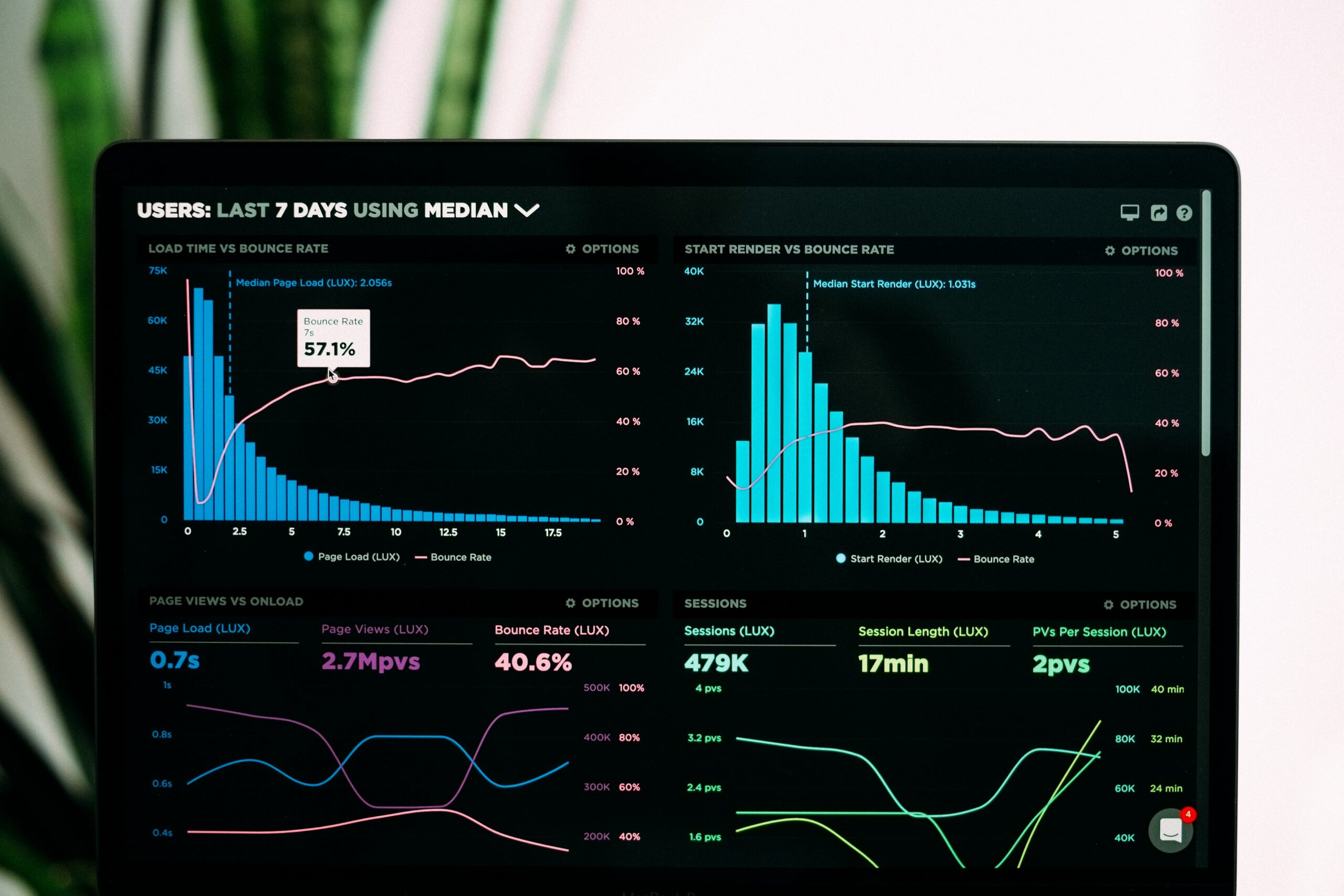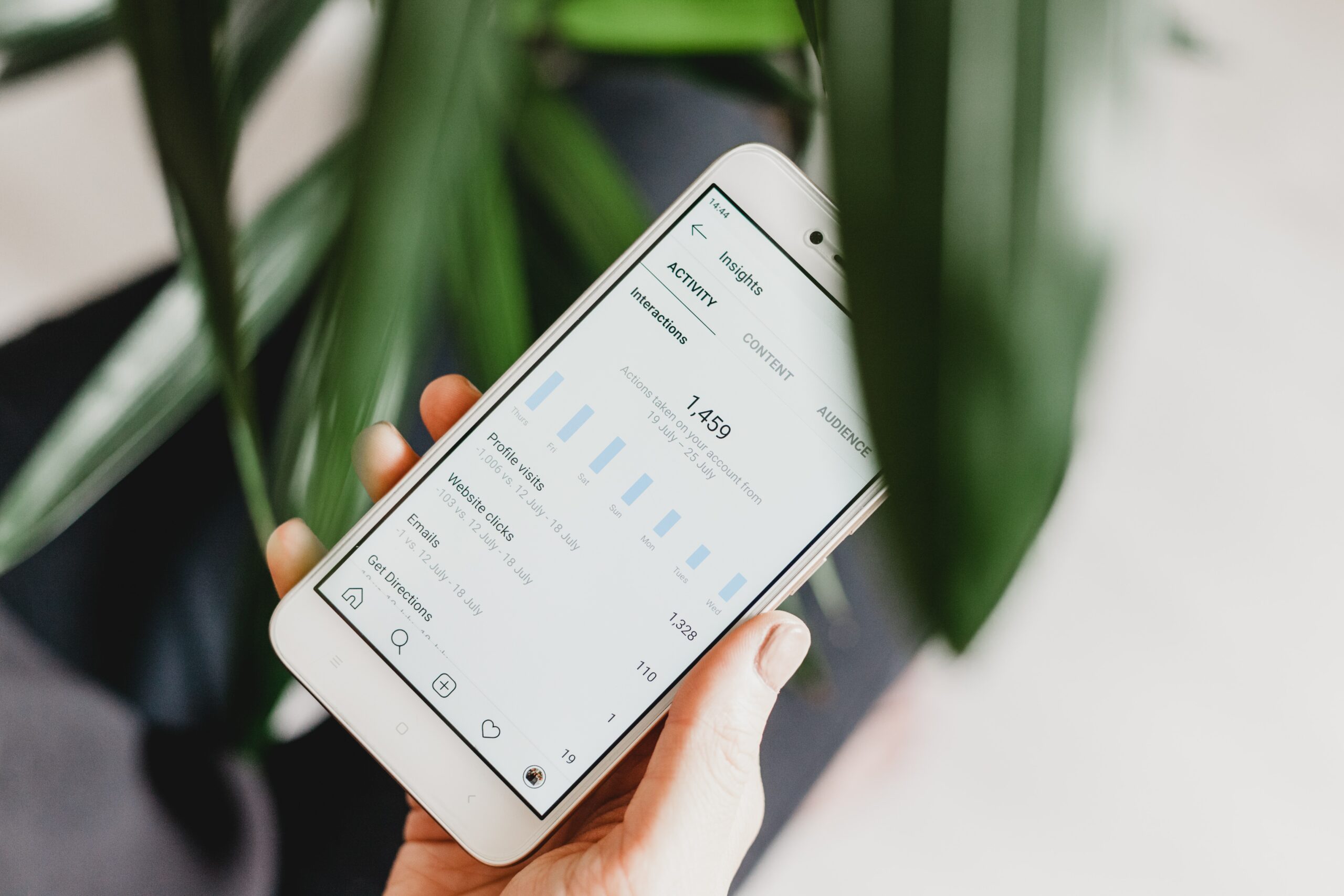Influencer marketing is a highly effective marketing strategy for brands, but it’s not a “set it and forget it” tactic. Working with influencers requires daily interactions, contract negotiations, administrative work, and creative campaign concepts – more than one marketing department can handle.
Table of Contents
- What Is an Influencer Marketing Manager?
- What Are the Responsibilities of an Influencer Marketing Manager?
- Campaign Management
- Relationship Building
- Influencer Communications
- Coordinating with a Marketing Team
- Social Media Expertise
- Market Research and Trend Analysis
- What to Look for in an Influencer Marketing Manager
- Key Services
- Relevant Influencers
- Industry Experience
- Analytics and Reporting
- Channel Experience
- Costs and Budget
- Questions to Ask a Prospective Influencer Marketing Manager
- Influencer Marketing Managers vs. Influencer Marketing Agency Services
- Influencer Marketing Managers for Successful Campaigns
An influencer marketing manager handles all the work for brands, finding influencers, building relationships, guiding campaigns, checking content, and diving into campaign metrics. Whether it’s a brand’s first foray into influencer marketing or a long-term collaboration, having a manager at the helm ensures maximum return on investment.
Not all influencer marketing managers are created equal, however. These professionals come with different skill sets and industry experience, and choosing the right one can make or break a campaign.
What Is an Influencer Marketing Manager?
Influencer marketing managers handle the end-to-end operations for a brand’s influencer marketing campaigns. They may work with one influencer or multiple influencers, managing communications, coordinating with the marketing team, and evaluating the performance of the campaigns.
There are several skills an influencer marketing manager should have, including:
- Social skills
- Social media savvy
- Analytical skills
- Project management skills
- Attention to detail
- Creative thinking
- Teamwork and collaborative skills
- Influencer marketing experience
- Industry knowledge
What Are the Responsibilities of an Influencer Marketing Manager?
Influencer marketing managers may handle different tasks, depending on the brand and the campaign. Their responsibilities generally include:
Campaign Management
Virtually any influencer marketing manager will be responsible for influencer campaigns from start to finish. They work with influencers to develop campaigns, draft proposals, and determine the goals and key performance indicators (KPIs) to assess the campaign’s success.
Influencer marketing managers also reach out to influencers for partnership opportunities, which may involve drafting outreach email templates and communicating with influencers. They may assist influencers in creating content and developing campaigns as well, which is a significant time investment.

Source: Instagram
Relationship Building
Campaigns are often the first contact with an influencer, but brands can develop long-term relationships with influencers for future campaigns. Influencer marketing managers can foster these relationships by building a list of contacts and communicating with influencers.
Though brand-influencer partnerships are sharing campaigns, their goals may be at odds. Brands want effective marketing exposure at a low cost, while influencers are focused on delivering for their audience and maintaining creative control over their messaging. Influencer marketing managers can bridge the gap to ensure that both parties reach their goals.
Influencer Communications
Communicating with influencers can be time consuming, especially the first time. They may have questions about a campaign or requests for information, which an influencer marketing manager can handle on a brand’s behalf.
Over the course of a campaign, influencer marketing managers are responsible for outreach messages, support emails to answer questions, reminders about campaign deadlines, and follow-up emails to maintain a good relationship.
Coordinating with a Marketing Team
Influencer marketing managers act as liaisons between the influencer and the marketing team. They must coordinate with the team to ensure the influencer content is on brand and supporting other marketing initiatives.
Social Media Expertise
Though obvious, influencer marketing managers must have experience with a range of social media channels. They have to maintain an active presence to understand each channel’s best practices and unique creator communities. It’s also important for influencer marketing managers to keep up with platform changes and updates to prepare to adjust campaigns as needed.
Market Research and Trend Analysis
In addition to managing the different campaigns of the brand, an influencer marketing manager must keep up with the latest trends on social media and within the influencer ecosystem. The influencer program and strategy incorporate the findings of market research, including the features and updates of social media platforms and target audiences.
The best influencer campaigns capitalize on trends and create content at the right time – just when the trend is gaining traction. This requires a lot of research and paying attention to the ebbs and flows of social media.

Source: Instagram
What to Look for in an Influencer Marketing Manager
Brands need to do their due diligence in choosing an influencer marketing manager to assist with influencer campaigns. Here are some things to look for:
Key Services
Influencer marketing managers offer different services and scope. It’s important for brands to know exactly what they need and evaluate their options. Some influencer marketing managers will handle the influencer campaign from start to finish, while others will provide certain services like influencer outreach.
Relevant Influencers
Well-planned campaigns can go awry with the wrong influencer-brand partnership. An influencer marketing manager who understands how to choose the right influencer is just as important as managing the campaign itself. Successful managers have a wide network of relevant influencers who can assist with campaigns for a range of brands.
Brands need to know how the influencer marketing manager finds and vets influencers, how they’re selected, and how the costs are determined. Ideally, brands should have an influencer marketing manager with a varied stable of influencers, ranging from nano to mega influencers across different industries.
Industry Experience
Along with experience in influencer marketing, influencer marketing managers should have experience working with similar brands in both niche and size. Some influencer marketing managers have impressive resumes with major brands like Microsoft or Volkswagen, but that doesn’t indicate they’ll succeed with an independent fashion or food brand. These campaigns will look different from those for a multi-million-dollar corporation, as will the influencers.
Brands should evaluate the influencer marketing manager’s past work, case studies, live campaigns, and more to determine if they’re the right fit for the niche. Speaking to past clients is a great way to learn more about the value the manager adds to the experience.
Analytics and Reporting
Influencer marketing campaigns can be challenging to measure, but knowing how they performed is key in understanding the return on marketing spend and its alignment with business goals.
An effective influencer marketing manager should take a data-informed approach to campaigns to determine what’s working, which influencers are showing results, and how campaigns could be improved for future initiatives.
Channel Experience
Influencers can be found on every platform, so it’s important that an influencer marketing manager isn’t focused on just one channel like Instagram. The manager should have channel-specific experience across the ideal channels for the brand and audience. Every channel has its own features and algorithms, so practical experience navigating them and understanding the users and content is key to success.
Costs and Budget
Working with an influencer marketing manager can go a long way with influencer campaigns, but it does add to the expenses. Brands need to understand their marketing budget and how much money is allocated to the influencer campaign, as this will determine how much is allotted for a manager’s services. It’s important for both parties to have clear expectations on pricing, payment options, and influencer marketing budget.
Questions to Ask a Prospective Influencer Marketing Manager
There are several questions that can reveal the skill and experience of an influencer marketing manager:
- What brands have you worked with?
- Do you have customer testimonials or references?
- What influencers do you have working relationships with?
- Can you tell me about your favorite campaign?
- What industries do you serve?
- What social media platforms and content do you have the most experience with?
- Do you have performance metrics and KPIs from previous campaigns?
An influencer marketing manager should be comfortable discussing past experience and campaigns, including positive and negative feedback or ratings, and their plans to elevate the brand with the influencer partnership.
Influencer Marketing Managers vs. Influencer Marketing Agency Services
Hiring an influencer marketing manager, either on a freelance basis or in-house, can be an option for a brand looking to scale its influencer marketing campaigns. The downside is that standalone influencer marketing managers have smaller networks than influencer marketing agencies and will need to manage full campaigns on their own, all while working with the in-house marketing team.
Conversely, an influencer marketing agency offers influencer marketing managers as part of full-scope campaign management. They can draw from the large network of existing influencers and the expertise of other influencer marketing professionals, ensuring better results from influencer marketing campaigns.
Influencer Marketing Managers for Successful Campaigns
Robust influencer marketing programs are becoming foundational to brands’ marketing strategy and success, especially in the crowded digital space. But brands need to do more than hire an influencer to manage a campaign. They need to manage the influencer relationship and build a passionate community of brand advocates, which takes the expertise and dedication of an influencer marketing manager.





